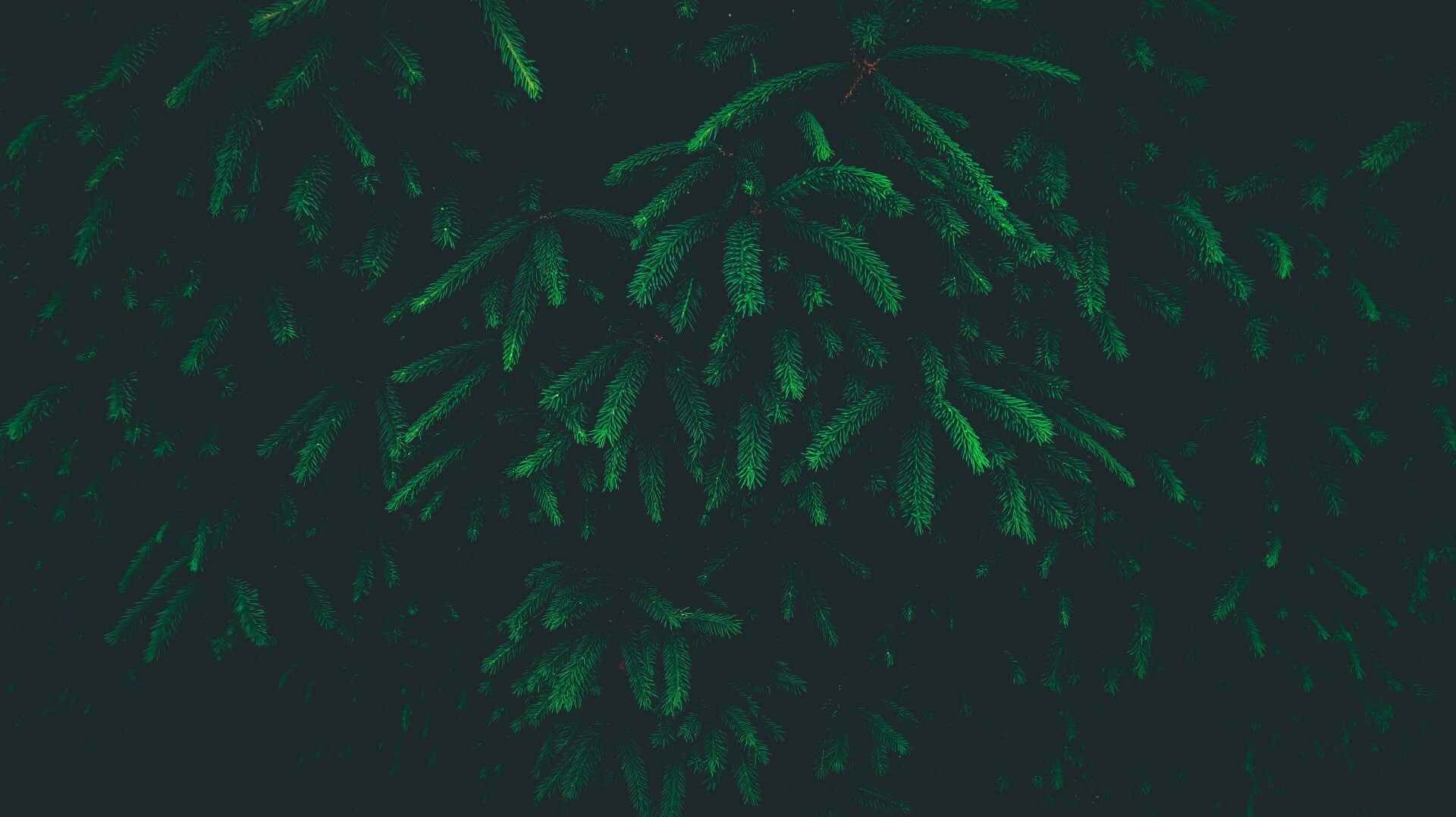
Your Title
This is where your text starts. You can click here and start typing. Quae ab illo inventore veritatis et quasi architecto beatae vitae dicta sunt explicabo nemo enim ipsam voluptatem quia voluptas sit aspernatur aut odit aut fugit sed quia consequuntur magni dolores eos qui ratione voluptatem sequi.

Your Title
Our Future in Our Own Hands - The Role of Creativity and How to Use It
Your TitleWorld in crisis - economic, political, environmental, moral crises
The world is in turmoil: the Eurozone is in crisis, with Greece virtually bankrupt, and countries such as Italy, Spain, Portugal and Ireland well on their way down the same spiral staircase to ruin; environmental disasters fill our news broadcasts every night - tornados track further north in America's Mid-west than they have ever done, wreaking havoc and destruction in their wake; areas the size of Western Europe have been flooded in Australia, with the city of Brisbane inundated; events in the Arab world have overtaken populations and their governments; the war on terror continues apace; earthquakes followed by environmental disasters have hit Haiti, and New Zealand, and more recently, and arguably more catastrophically, the northern islands of Japan were hit by a tsunami that swept away whole communities, killed 20,000 people as well as destroying a nuclear power plant, putting everyone's live in jeopardy.
You could argue that the world has always been subject to natural disasters; that Nature is bound by its own laws, and that in consequence, disasters happen whatever we do. Is that entirely true, however? Climate change is brought on by global warming, it is argued, which in its turn is a direct result of the deforestation of tropical rain forests and an increase in our 'carbon footprint'.
In terms of human catastrophes, one need only look at countries such as Mexico, whose fabric is unhinged by the drug cartels and the violence with which they do business. Drug addiction has brought ruin to the lives of the vulnerable, and crime to finance addictions.
Importance of creativity - Ken Robinson - as important as literacy and numeracy - but not just for jobs/better jobs - bring in the Internet explosion of different kinds of work/wealth creation
The world is in turmoil, leading some top educationalists like Sir Kenneth Robinson of the Getty Foundation to claim that creativity will be as vital in the future as literacy and numeracy have traditionally been viewed in the past. Generally, Robinson makes the point that it is education that will be our salvation in a world in which few things are certain; outcomes and unintended consequences wrecking lives and our planet, and specifically, that creativity is our 'way to go' - our possible route to our salvation, if you will.
Creativity - term generally misunderstood /misapplied to artistic endeavor, not other fields - we need to 'disenthrall' ourselves from the labels we use - creativity as something for artists
Creativity has been defined variously as the ability to produce something new that is of value; by Robert E. Franken as 'the tendency to generate or recognize ideas, alternatives, or possibilities that may be useful in solving problems, communicating with others, and entertaining ourselves and others.'
Carl Rogers, the influential American psychologists, defined creativity as the emergence of a novel, relational product, growing out of the uniqueness of the individual. My favourite is by Roger von Oech, who believes creative thinking involves imagining familiar things in a new light, digging below the surface to find previously unrelated patterns, and finding connections between unrelated phenomena.
A more general opinion of what creativity is, what creative people do, and who they are is that artistic people - musicians, painters, poets, novelists - are creative, have lots of creativity and behave creatively, which may well be true. However, it is also the case that creativity can be and is displayed by anyone who combines ideas in ways that produce novel ideas, invariably solutions, for example. It is possible, therefore, to have a creative engineer, a creative architect, or a creative physicist, as well as a creative short story writer, a creative composer, or a creative poet. It is just that being creative in art is conventionally more expected. It is generally thought that scientists are not creative by virtue of the fact that they deal with facts and figures that are calibrated, definite and repeatable - that seems to be at the heart of what science means for most people who are not scientists, or artists.
Consequently, people who are not artistically inclined - most of us - tend not to think they are creative, and tend not to imagine they ever could be; it is a property they tell themselves they do not possess. Yet, in the course of a normal day in the life of any human being there are occasions when something will strike them as being connected in a way they had not previously thought possible.
